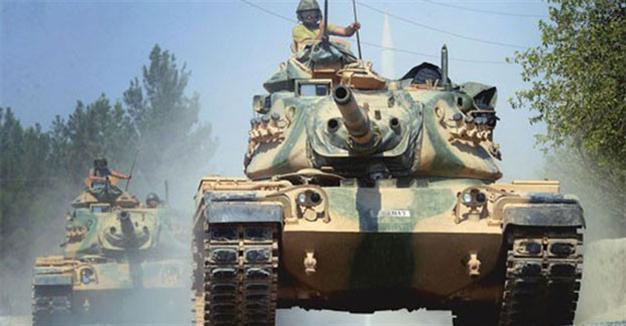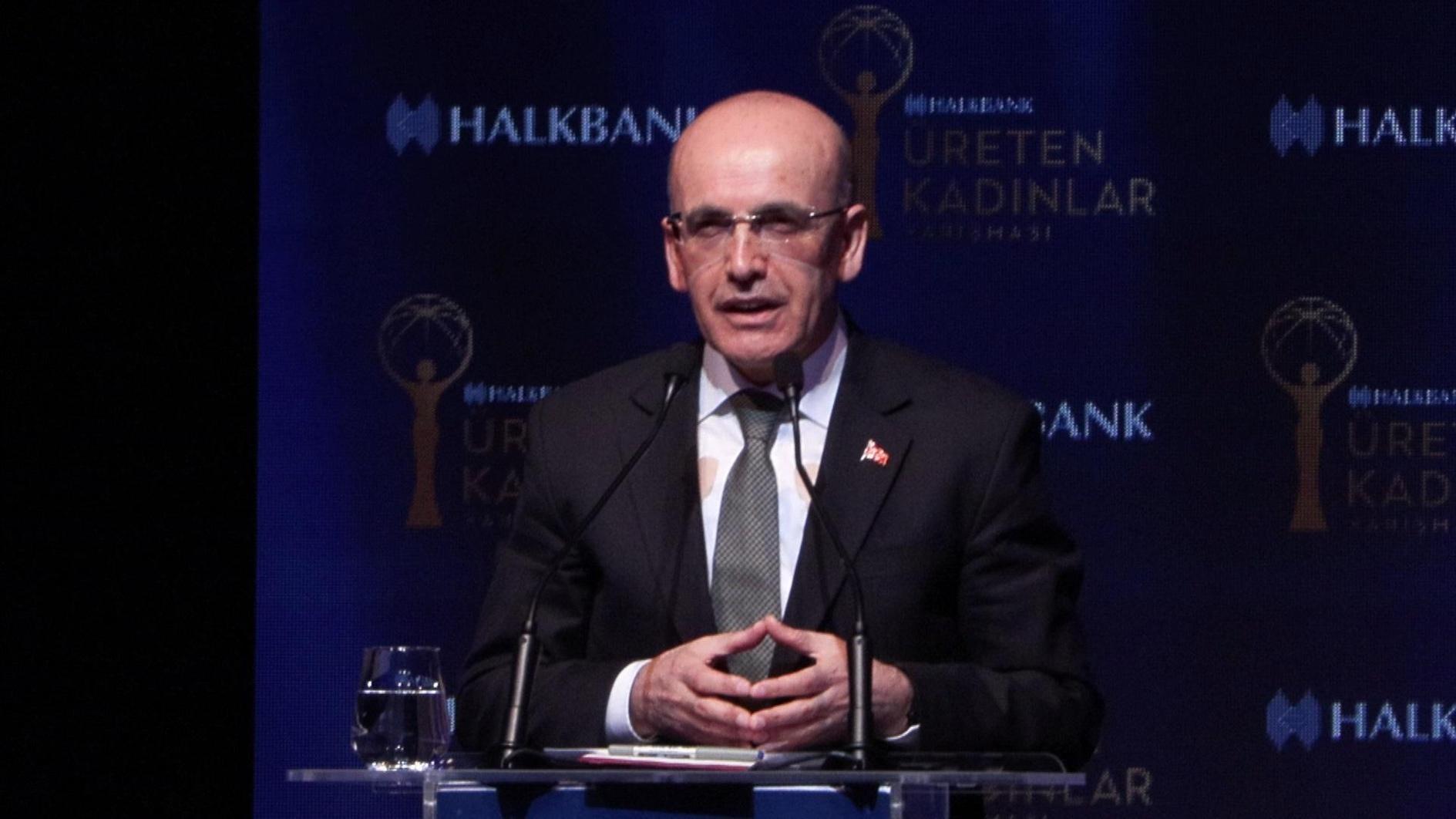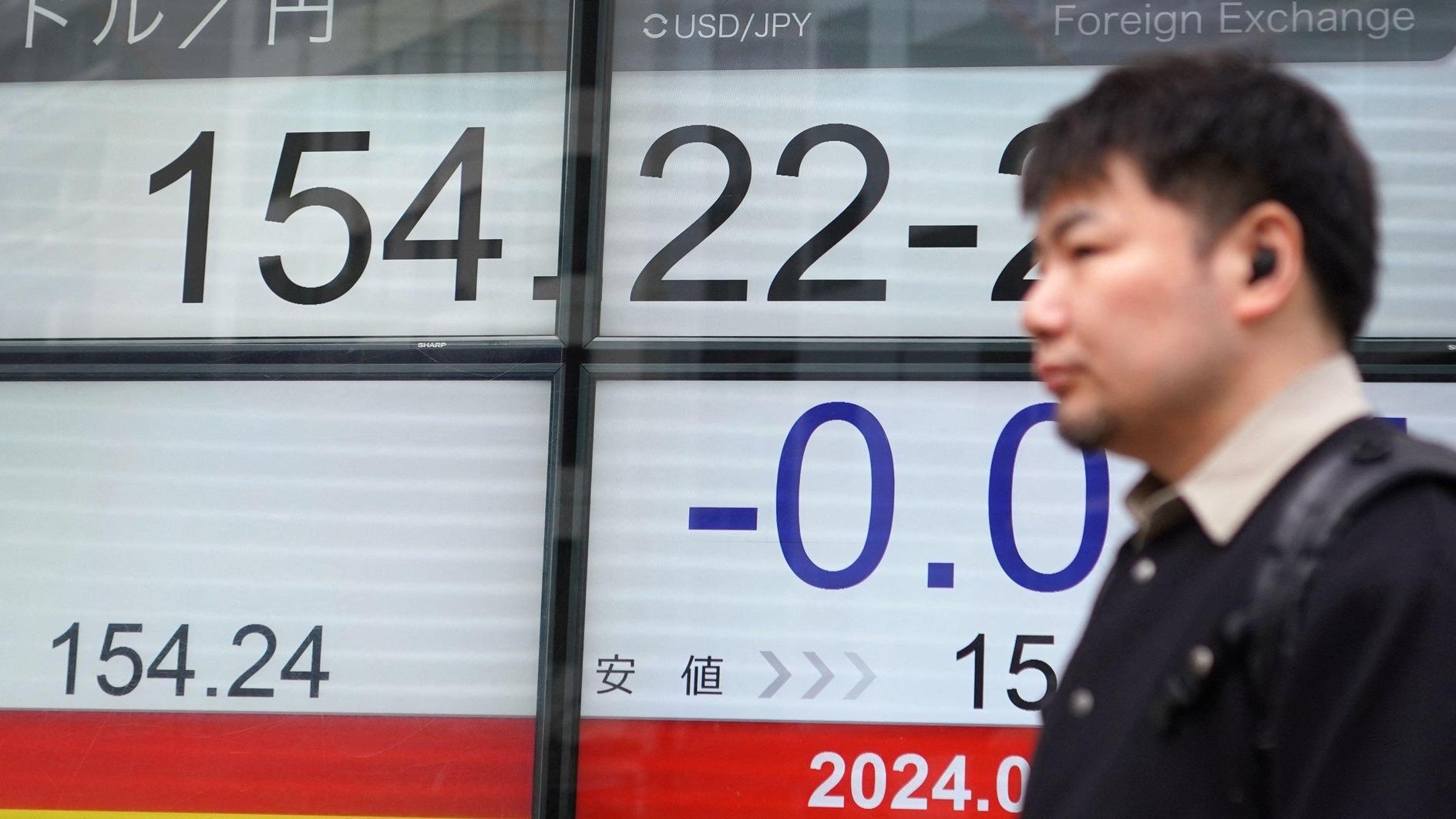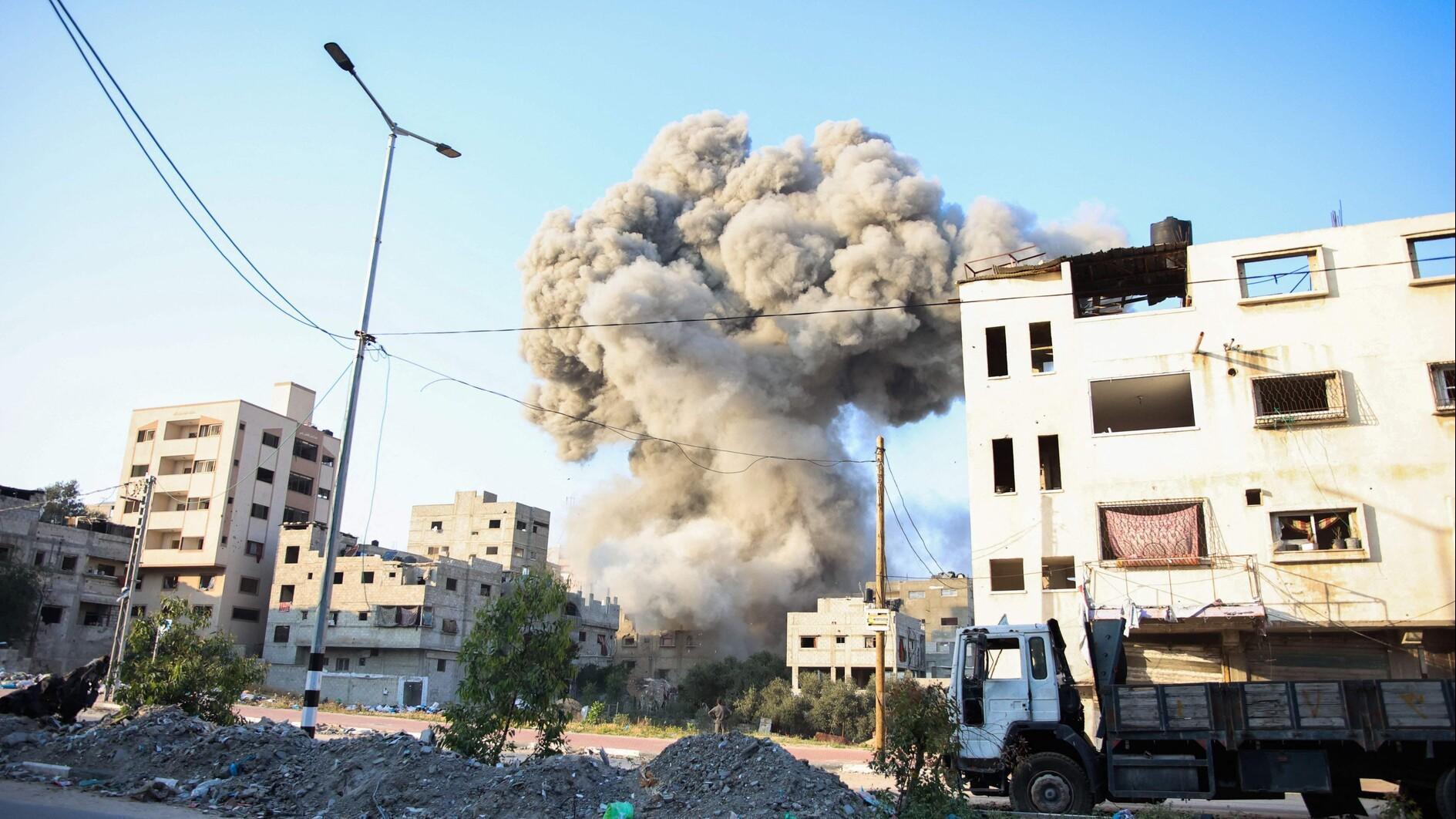Three Turkish soldiers killed by ISIL as tanks go deeper into Syria
ANKARA / GAZİANTEP

Three Turkish soldiers were killed and four others were wounded during an attack by the Islamic State of Iraq and Levant (ISIL) on two Turkish tanks late on Sept. 6 as Turkish forces push deeper into Syrian soil.
Two soldiers were killed on the spot and five were injured when ISIL missiles hit the two tanks in the Wuquf village, the military said.
One of the wounded soldiers later died in hospital despite all attempts to save his life, lifting the death toll to three, the military said.
Two members of the Free Syrian Army (FSA), which is backed by the Turkish military in their advance on ISIL in Syria, were also killed while two others were wounded.
The Wuquf and Sadwi villages were seized from ISIL by FSA members, the military said.
Six other Syrian villages were liberated from ISIL by the FSA fighters, the Turkish military said in another statement on Sept. 7.
The villages are located around 12 kilometers to the southeast of the town of al-Rai, known as Çobanbey in Turkish.
Obama’s envoy visits Turkey
U.S. President Barack Obama’s envoy in the counter-ISIL coalition visited Turkey and Syria during the weekend and urged U.S. partners to focus on the ISIL fight, the U.S. State Department said Sept. 6.
Spokesman Mark Toner told reporters that Brett McGurk’s meetings were an opportunity for him “to talk to our partners on the ground who are carrying out attacks and assault on ISIL on the ground.”
“In all of his meetings, he encouraged unity of effort and ‘deconfliction,’” Toner said.
Across the border in Syria, McGurk met with U.S.-backed Syrian Democratic Forces (SDF) leaders and welcomed the recent liberation of Manbij from ISIL by the group.
“He also ensured ongoing U.S. support for the SDF in their fight against ISIL. And he also emphasized the need for strict adherence to prior commitments made by the SDF,” Toner added.
The People’s Protection Units (YPG), the armed wing of the Syrian Kurdish Democratic Union Party (PYD), is the backbone of the SDF and has precipitated a recent row between the United States and Turkey as Washington backs the rebels, even as Ankara says the PYD is linked to the outlawed Kurdistan Workers’ Party (PKK), which has increased its attacks inside Turkey.
Russia ‘concerned’
Separately the Foreign Ministry of Russia, which recently mended ties with Ankara, said it was deeply concerned by the movement of Turkish troops and Ankara-backed Syrian opposition forces deeper into Syria’s territory.
“This calls into question the sovereignty and territorial integrity of the Syrian Arab Republic,” the ministry said in a statement. “We call on Ankara to refrain from any steps which can further destabilize the situation in Syria.”
U.S. diplomats were also trying to persuade Russia to take steps toward a true cease-fire in Syria and to nudge Damascus toward a political transition but news out of Syria is “not encouraging,” Defense Secretary Ash Carter said on Sept. 7.
“The choice is Russia’s to make and the consequences will be its responsibility,” Carter said in an address to students at University of Oxford.
The Syrian opposition set out detailed plans on Sept. 7 for the transition to a democratic state without President Bashar al-Assad ahead of talks with ministers of EU, U.S. and regional powers in London.
The broad-based High Negotiations Committee (HNC) proposed a six-month negotiating phase between the regime and the opposition.
The subsequent 18 months would see Syria governed by a transitional body, made up of opposition figures, current government representatives and members of civil society, according to a 25-page blueprint.
Meanwhile, a group of 292 Syrians went home to the Syrian town of Jarablus on Sept. 7, marking the first formal civilian returns from Turkey since the start of the Euphrates Shield operation.
“The formal returns have begun today. We wouldn’t consider anything before that as formal passage. This is the first time since the operation began,” a spokesman at the governor’s office for Gaziantep province, which lies across the border from Jarablus, told Reuters.
















